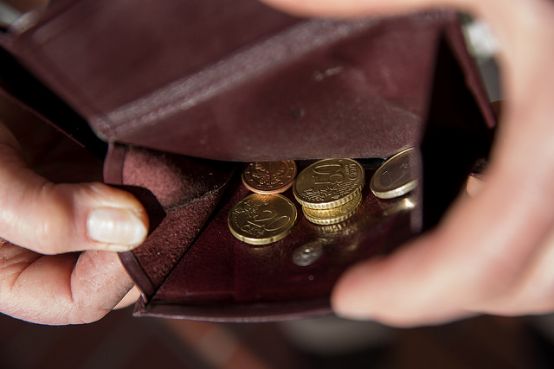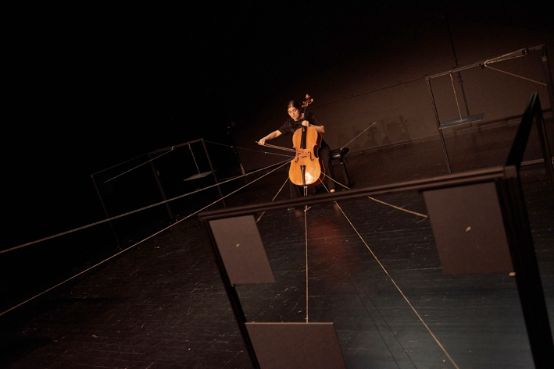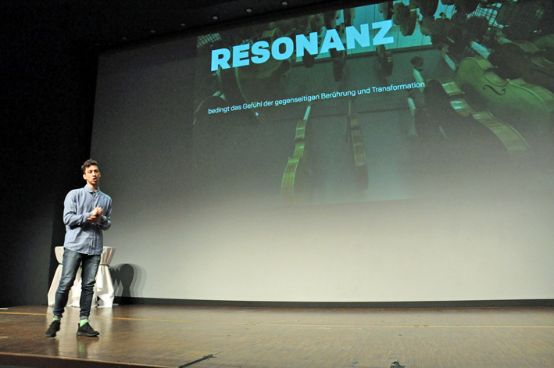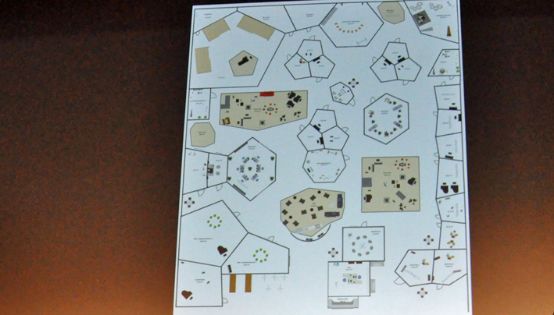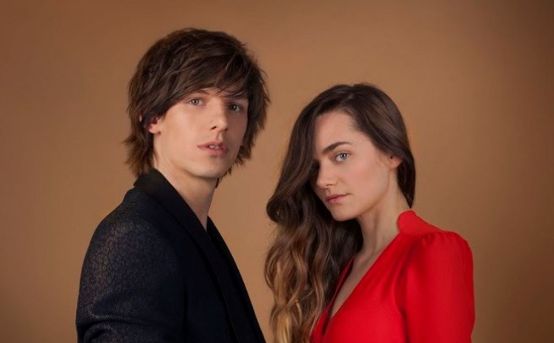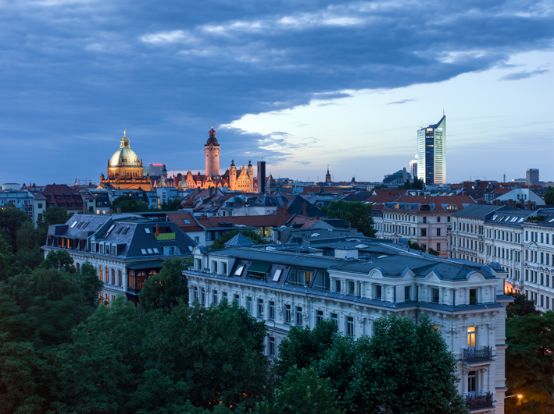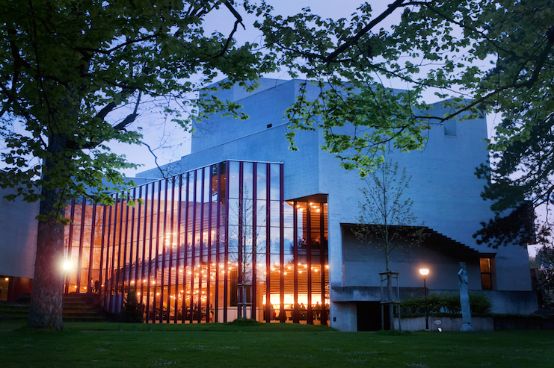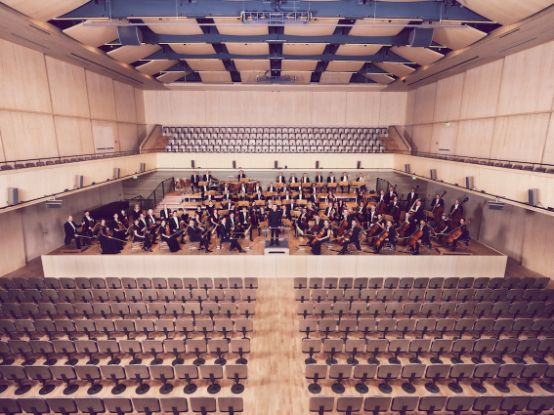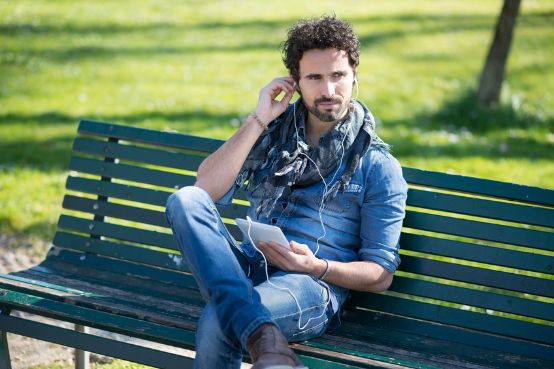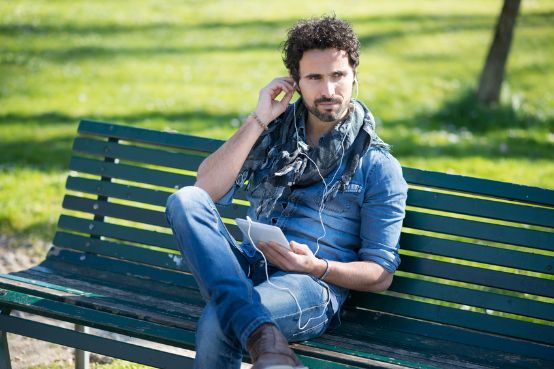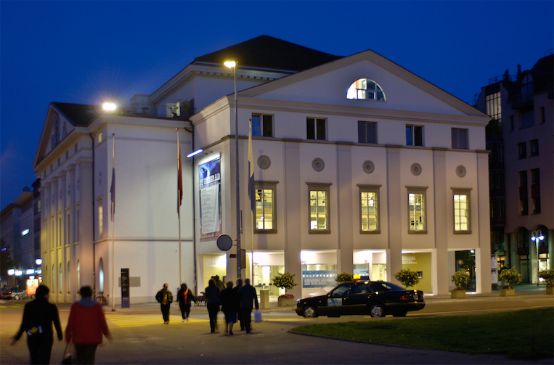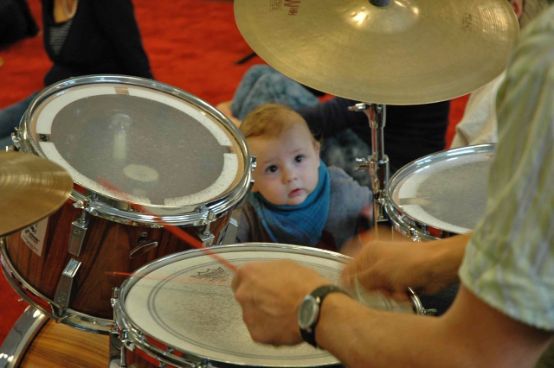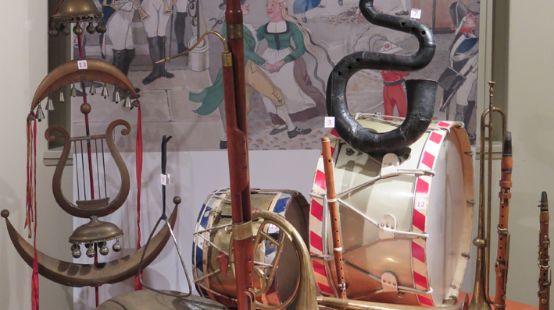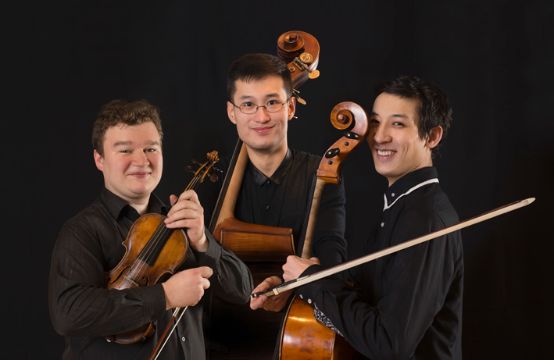Connecting worlds
Three years ago, a young clarinettist founded a classical music festival focusing on Jewish-influenced music. From January 25 to 28, Basel hosted a rich fourth edition.
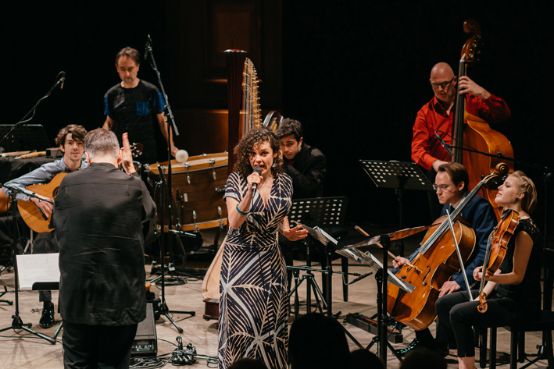
The already successful history of the Mizmorim Festival began in 2015 with the "New Jewish School", a kind of musical search for traces of the Jewish national style in the 20th century. A year later, American-Jewish composers such as Steve Reich, Aaron Copland and Philip Glass were performed under the motto "America!". Last year, the cardinal point changed to "Go East". Here, exciting encounters with György Kurtág, Felix Mendelssohn and György Ligeti could be experienced.
This year, the artistic director and founder of the festival Michal Lewkowicz once again put a wide range of exciting and stylistically diverse pieces on the program. Under the title "Orient and Occident", the aim was to bridge the gap between East and West. This was achieved in a meaningful way and, as in the past, the performers played at an outstanding level.
Song cycle as a performance
Some common threads run through the still young festival history: Speeches - this year there was a panel discussion on the Jewish musical tradition - introductions, drama scenes, children's and family concerts as well as artists who can be experienced repeatedly, such as the pianists Noam Greenberg and Menachem Wiesenberg or the Doric Quartet from England. Among the composers is a name that seems to be establishing itself at Mizmorim: Osvaldo Golijov. The Argentinian already amazed audiences in 2015 with The Dreams and Prayers of Isaac The Blindin which he elegantly combined modern sounds with elements of Jewish folk music. He was also present again in 2016 and this year he returned with Ayrea song cycle for soprano and twelve musicians, sound design and conductor (Nicholas Daniel). According to the program text, the work is inspired by medieval Spain, when Christians, Jews and Muslims lived together peacefully for a long time. At the center of this gripping piece was the soloist Nora Fischer, an artist who not only sang songs, but also gave a first-class performance on the stage of the Gare du Nord. She shone vocally in all registers and combined an intense expression with various styles such as classical, synagogal, tango and rock music. In addition, the work aptly conveyed the festival's aspirations: with its mix of styles, it built a musical bridge between the Orient and the Occident.
Desert wind and Schubert
On the same evening, there were some remarkable contributions from a small ensemble. In an informal atmosphere - all the musicians stayed on stage and listened to each other - Teodoro Anzellotti (accordion) and Hélène Clément (viola) played some songs from Schubert's Winter journeyfrom the original sheet music - a sound variation worth hearing. John Myerscough's interpretation was stunningly brilliant Alone for cello solo, André Klénès' Rose du Vent in the unusual instrumentation for guitar (Adrien Brogna) and double bass (Winfried Holzenkamp) sounded seductive and Teodoro Anzellotti interpreted three wonderfully weird movements from Mauricio Kagel's Rrrrrr...
A new composition commission was awarded in 2018, this time to Josef Bardanashvili; the "composer in residence" track is to be continued next year. The octet Desert Wind for clarinet, bassoon, horn, string quartet and double bass by the Georgian-born Israeli was able to captivate the audience. Bardanashvili sees his piece as a kind of mirror image of Franz Schubert's Octet in F major with the same instrumentation. It was therefore also performed by the same artists on the same evening. The Doric Quartet, double bass and winds stimulated the audience with their enchantingly light and dance-like playing.
In addition to the aforementioned octet, Schubert was also present at the festival with the Piano Sonata No. 21 in B flat major, the Variations for Piano Four Hands (D 813) and the Fantasia in F minor for Four Hands (D 940). The festival director was particularly looking forward to Mizmor (Psalm) 92 for four-part choir (with the Basel Girls' and Boys' Choir), a piece that represents a special feature in Schubert's oeuvre, as he set a Hebrew text to music in it.
On the final evening, the audience felt they had arrived in the Occident. Visitors to the Bird's Eye Jazzclub were treated to a tango evening of the finest kind. The renowned Argentinian composer and bandoneonist Marcelo Nisinman played his stylistically idiosyncratic tangos and originals by Astor Piazzolla, among others, with a band consisting of flute, piano and double bass.
The next Mizmorim Festival will take place in January 2019 under the title "Vienna". For the first time, a day in Zurich and a composition competition are planned as an "outstation". A piece for piano four hands can be submitted until May 1, 2018. Further information can be found at: www.mizmorimfestival.com/take-action






